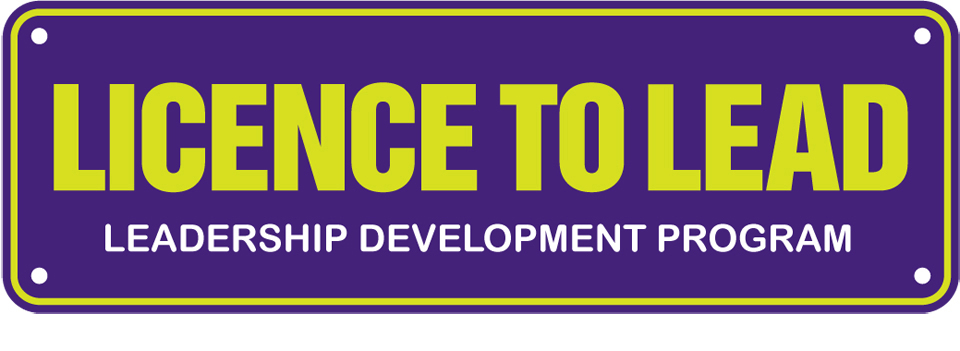should we be licensed to lead?
 Tuesday, October 23, 2012 at 9:14PM
Tuesday, October 23, 2012 at 9:14PM 
Many important things in our lives require us to obtain a licence before we are able to do them. Driving a car is an obvious one. Having a teenage son, I recently reflected on the process that is in place to get a licence to drive and I compared this with the journey that most of us take to become leaders.
To obtain a licence to drive, my son first expressed his desire to get one asap. He paid a fee, then had to learn the basic rules of the road, via a manual from the authorities. He did several practice tests to develop his knowledge of the rules then did a live test to qualify for the learner's permit. Then the fun started!
He had to literally sit next to a qualified, experienced driver for 120 hours, having his every move and decision scrutinised. That's the equivalent of three full working weeks being coached and guided. Towards the end of this period he had a couple of lessons with a professional driving instructor. His competence was then examined by an expert, objective assessor. He passed!
How does a leader end up leader? Many of us didn't ask for the responsibility - we just were promoted. Has anyone seen anything resembling the '*road rules for leadership'? Where is the expert sitting beside us, giving us their undivided attention, guiding and coaching us? Who assessed our competence and declared us ready to lead?
Could these be the reasons so many people are operating as unlicensed leaders, some even asleep at the wheel?
If your people aren't meeting your expectations as leaders, don't blame them, train them!
Cheers
Greg





